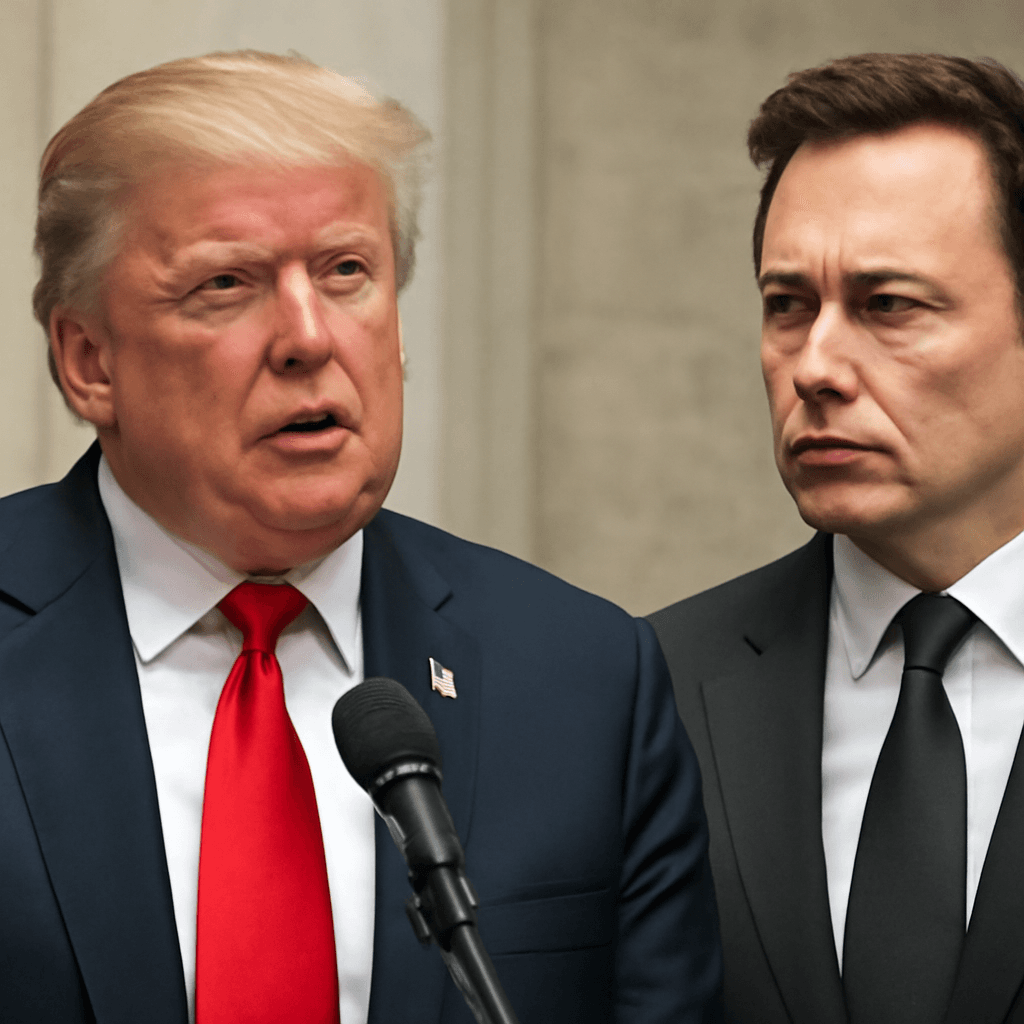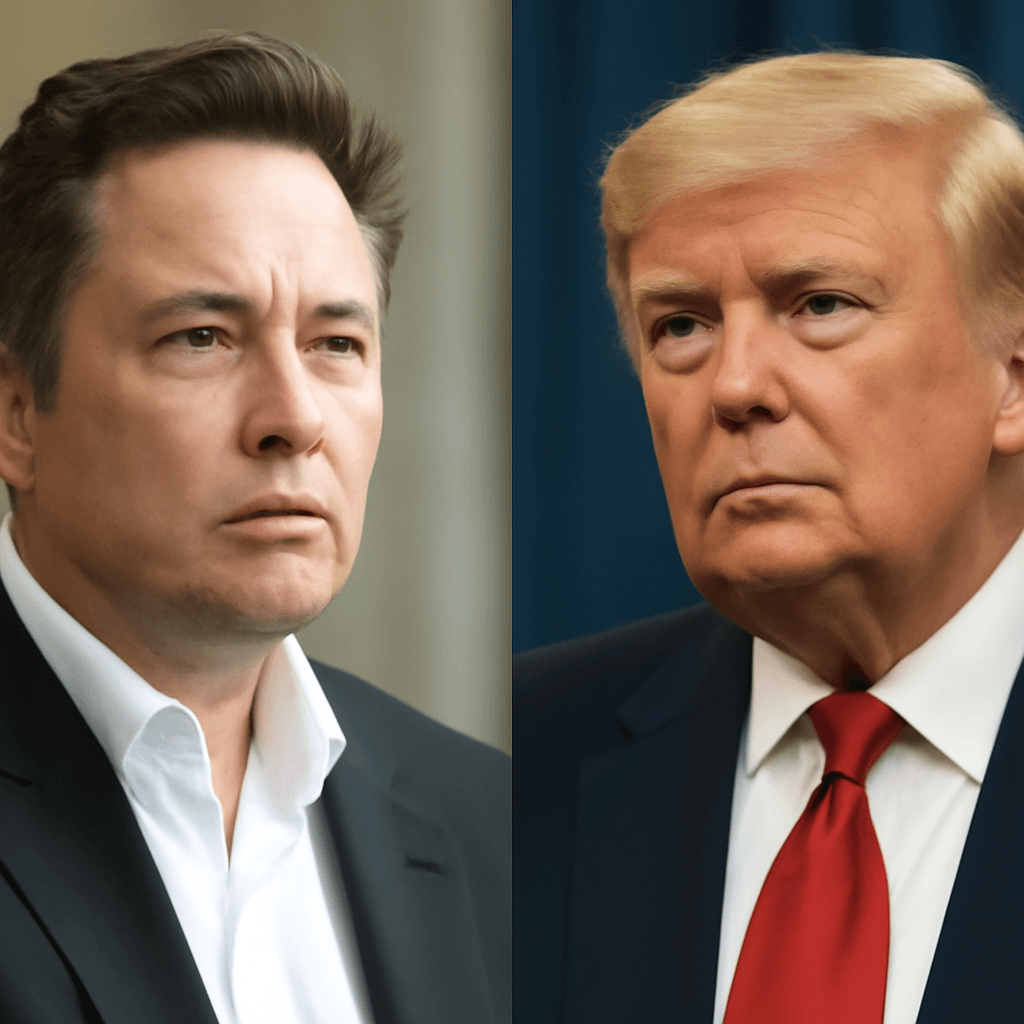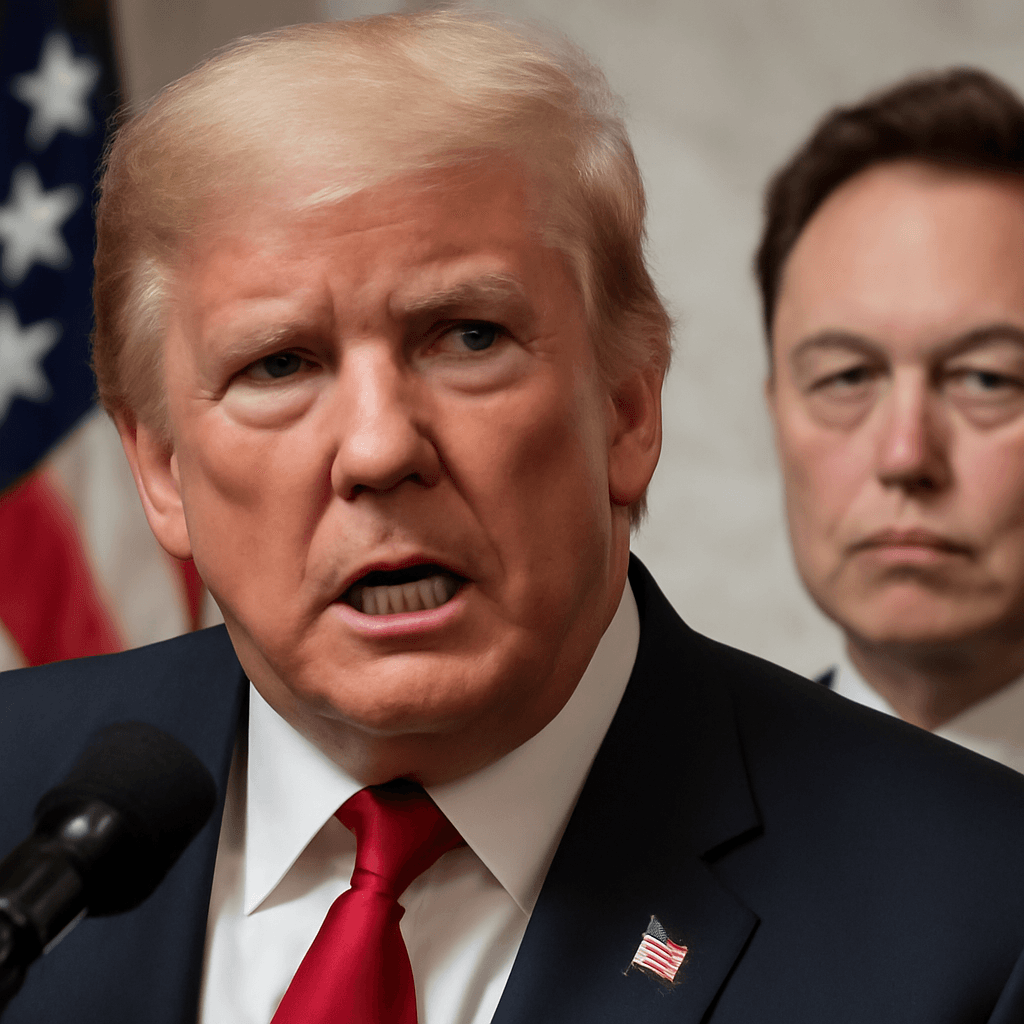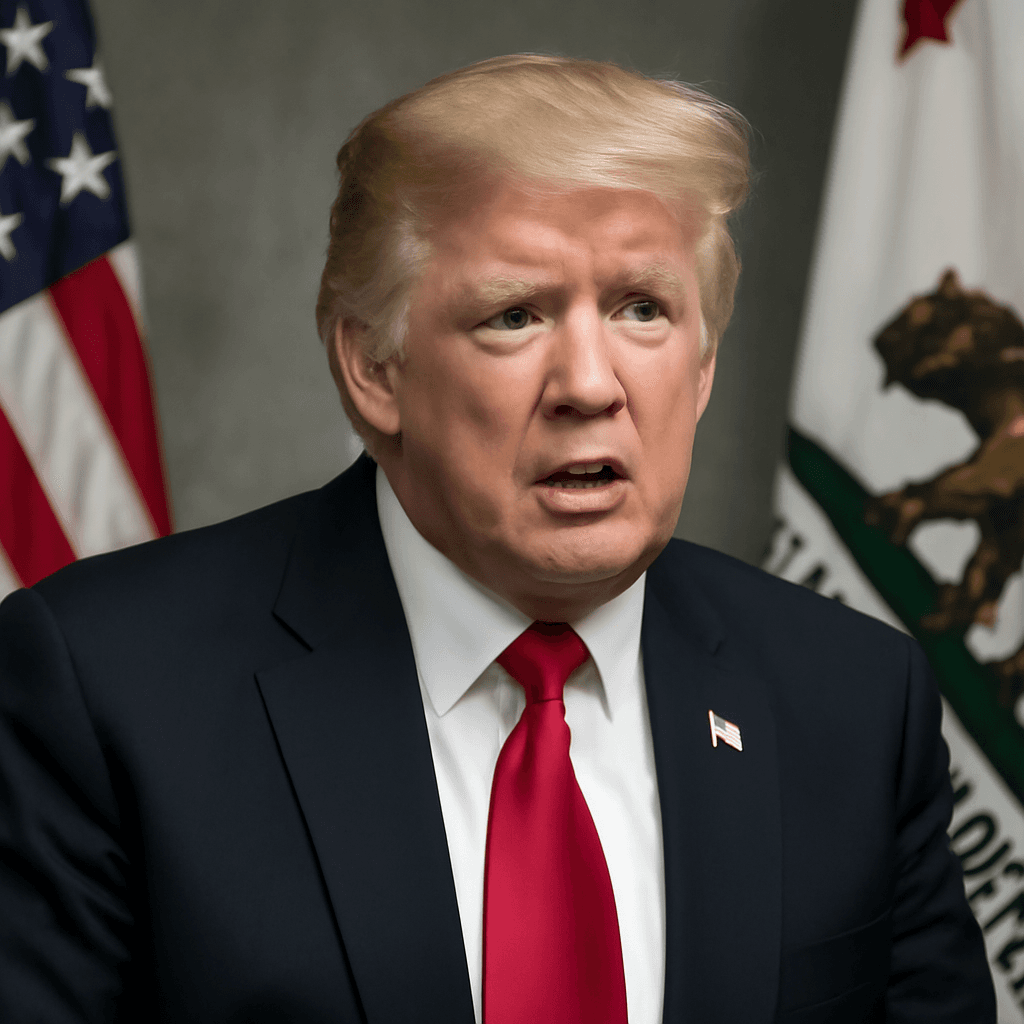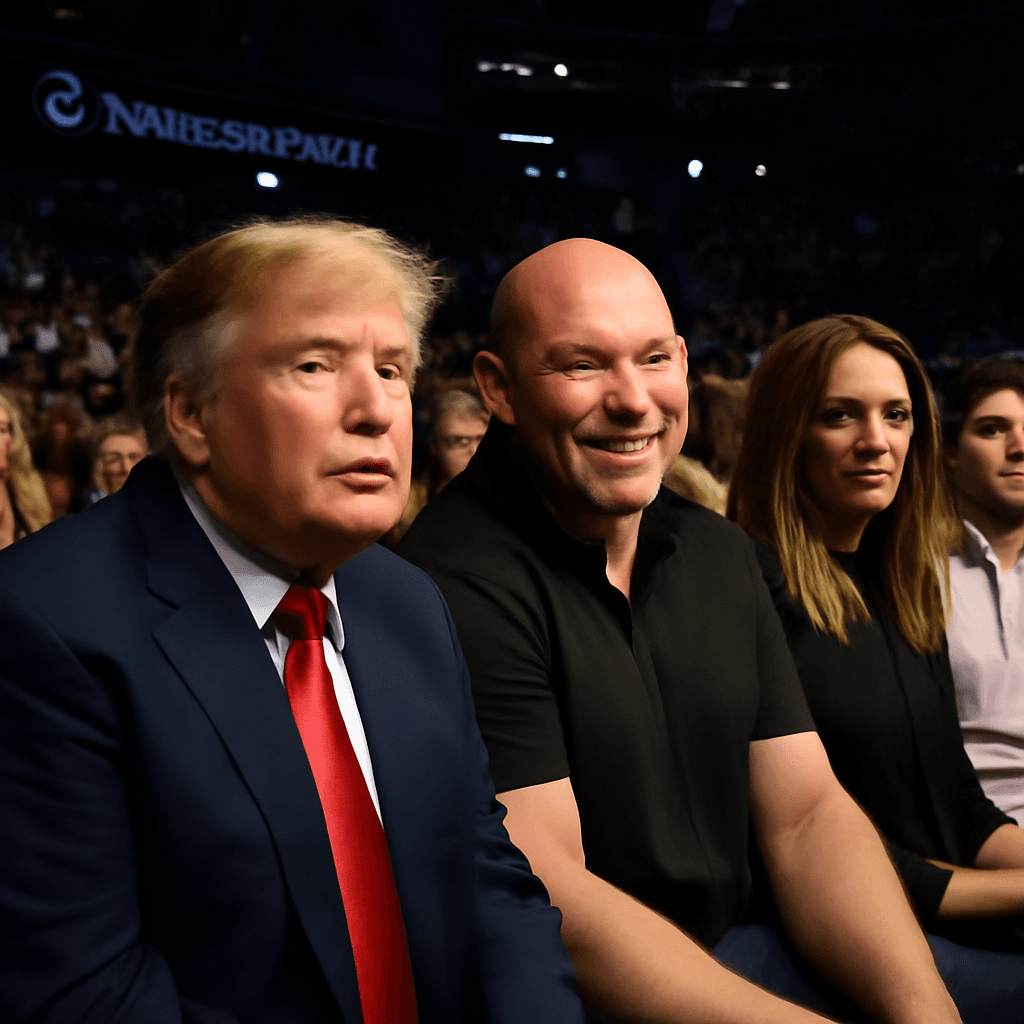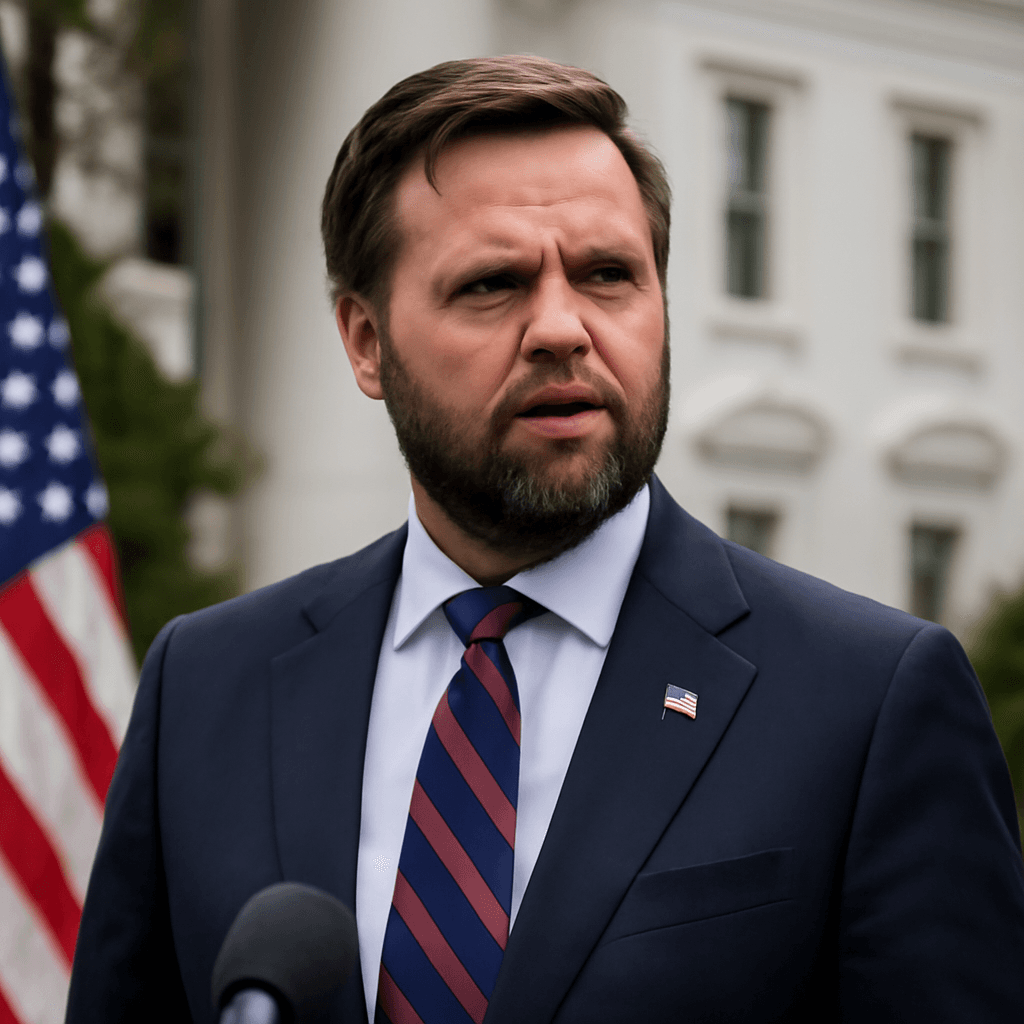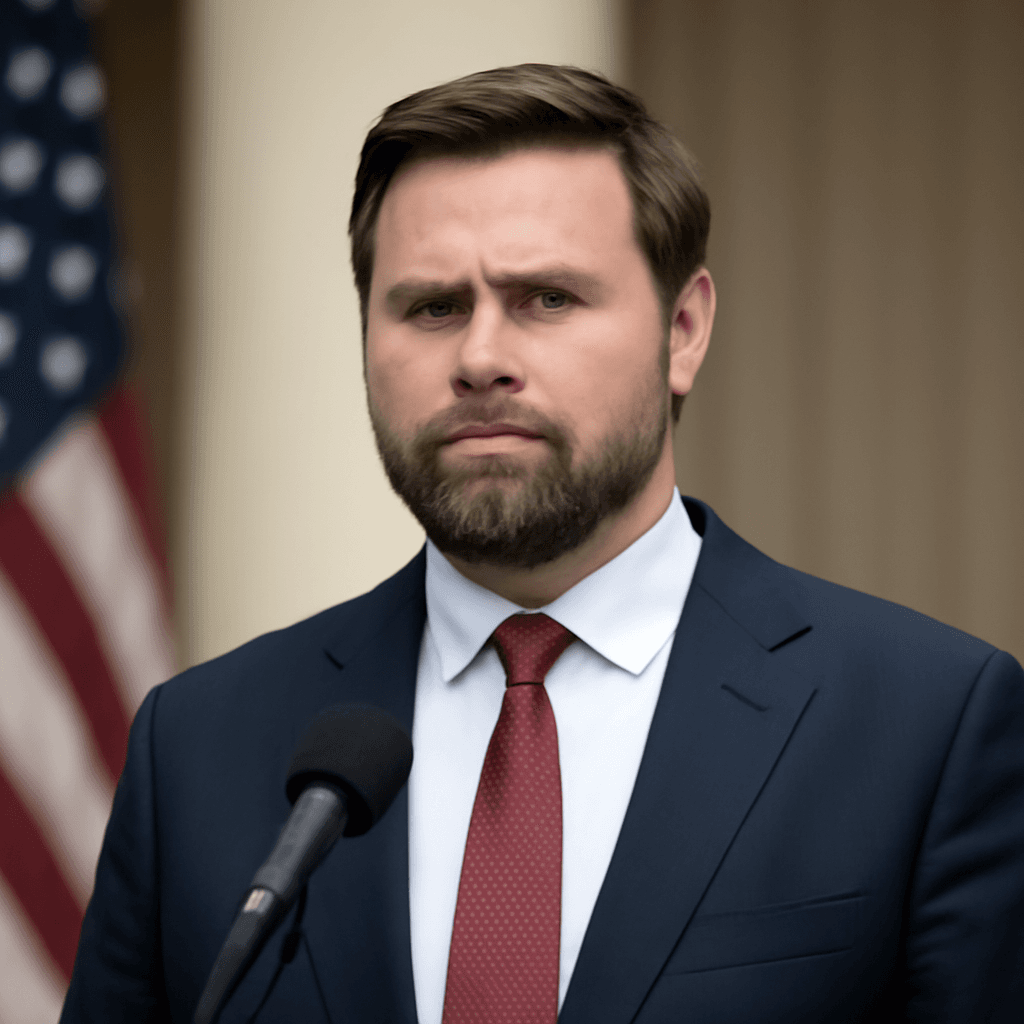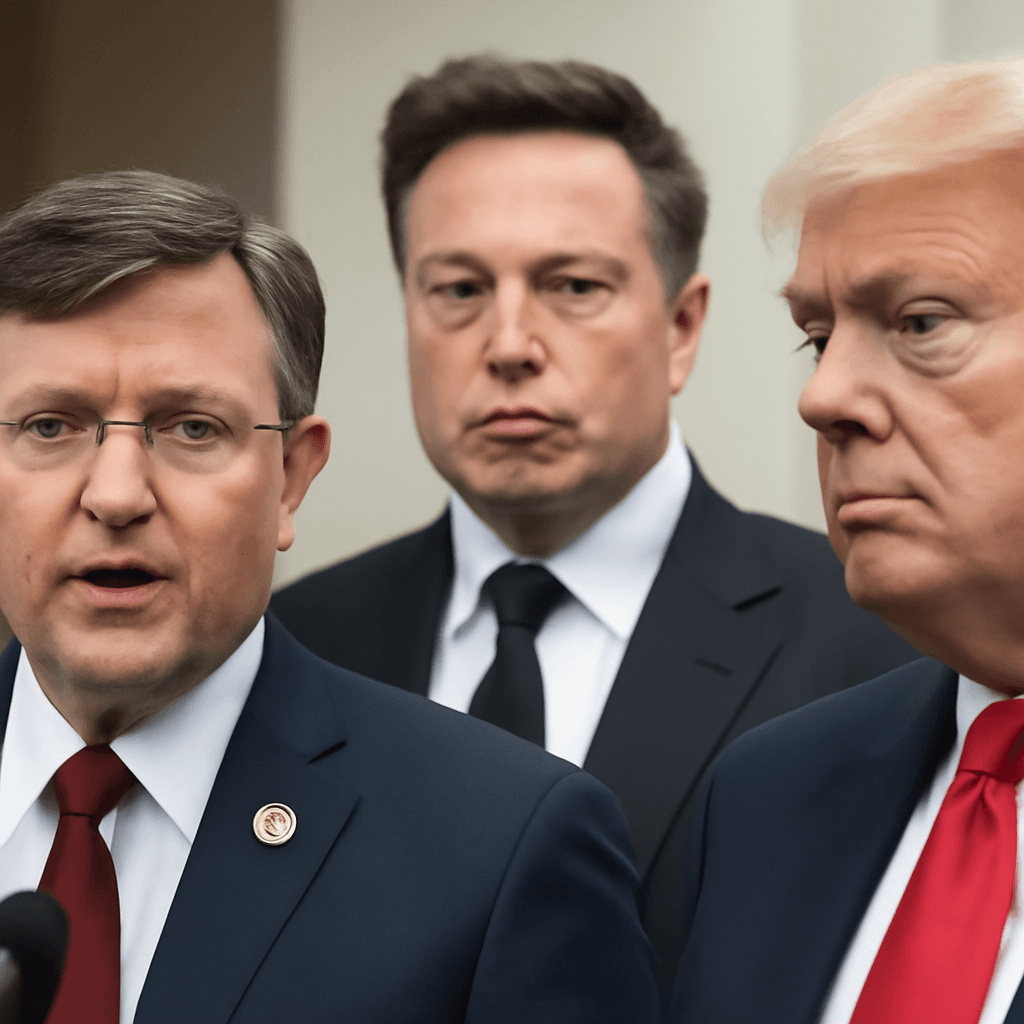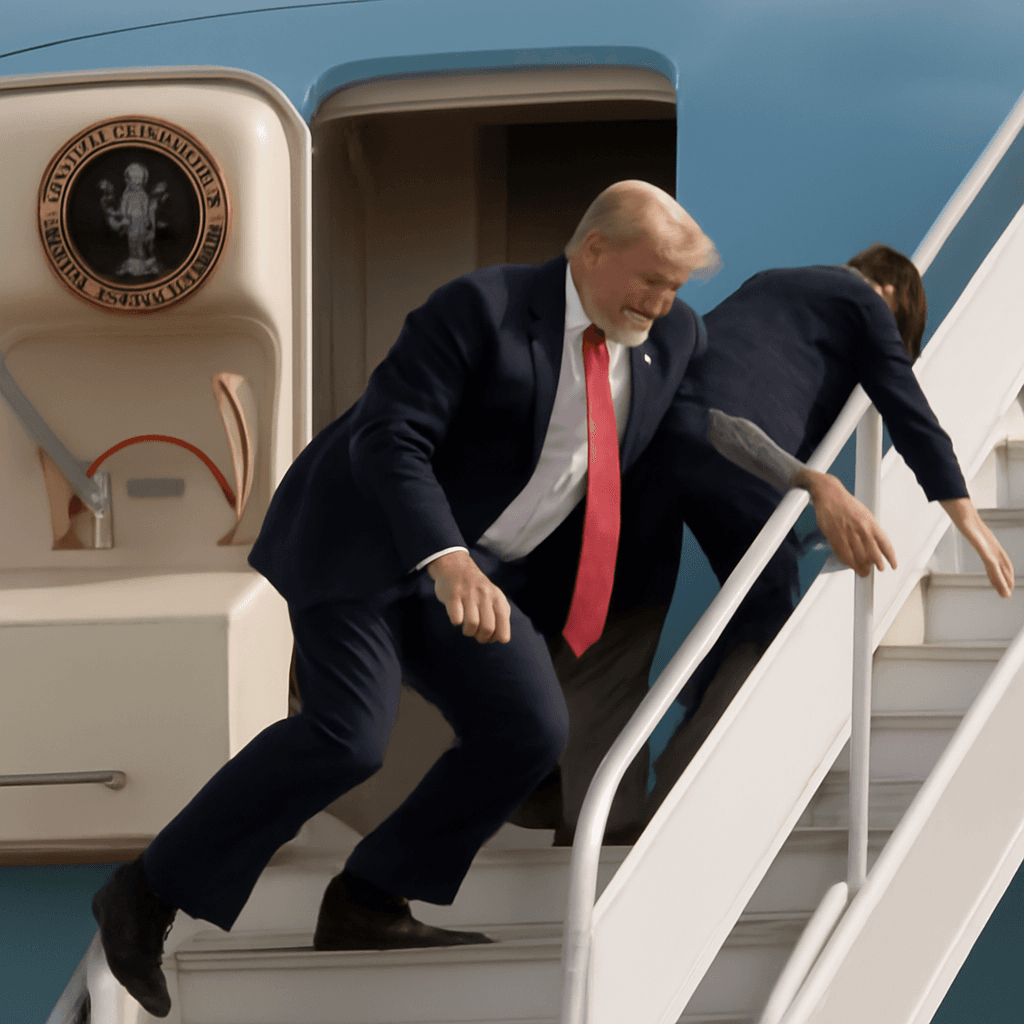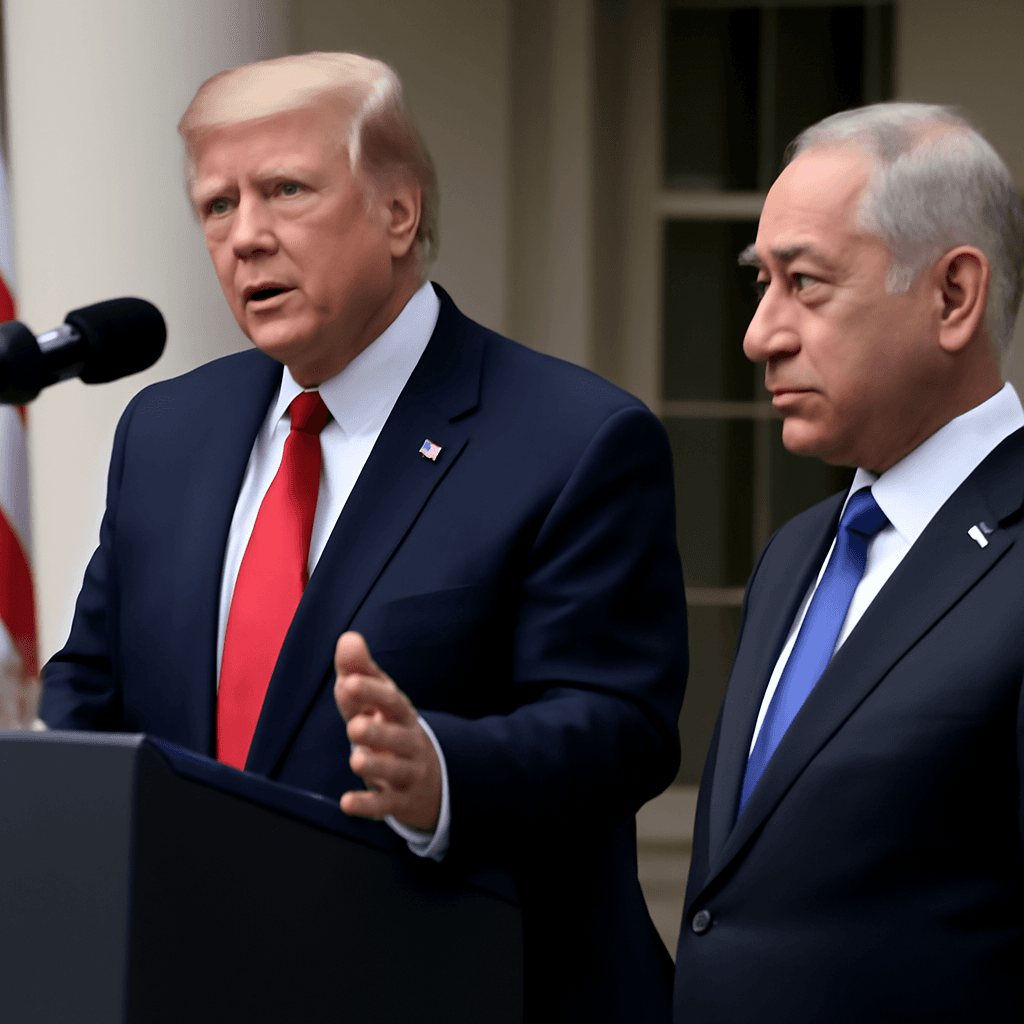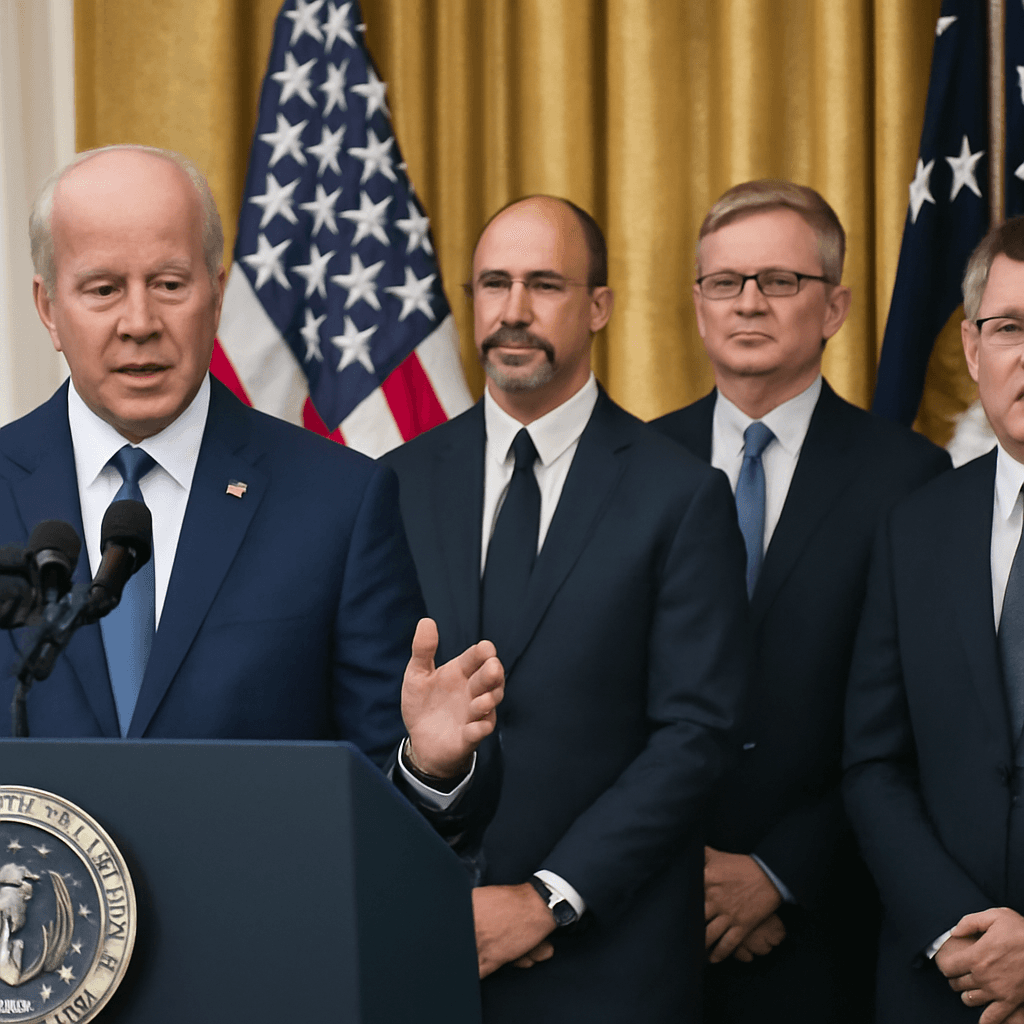Trump’s Phone Use Raises Red Flags on Cybersecurity Front
President Donald Trump’s tendency to answer calls from unknown numbers on his personal cell phone, coupled with aides frequently using unsecured devices, has ignited concern among cybersecurity experts and federal officials. This unconventional approach is reportedly leaving the administration exposed to spoofing, impersonation schemes, and foreign surveillance threats.
Vulnerabilities in the Digital Landscape
Investigations suggest that the practice of handling sensitive communications on personal and unsecured lines has made it easier for bad actors to attempt infiltration. For instance, federal authorities are currently probing an incident where someone spoofed the phone number of White House Chief of Staff Susie Wiles to impersonate her in calls to senators, governors, and major CEOs. Although the impersonator's identity and motive remain unknown, the case underscores the heightened risk.
Foreign Cyber Intrusions and Surveillance
Further compounding these concerns, Chinese hackers reportedly gained access to U.S. telecommunications networks as early as mid-2023, earlier than previously acknowledged. A China-backed cyber group known as “Salt Typhoon” allegedly exploited this access to monitor communications involving President Trump, Vice President JD Vance, and other senior officials. These revelations highlight a sophisticated level of foreign surveillance that capitalizes on existing security gaps.
Encrypted Messaging and Communication Protocols Under Scrutiny
Additionally, some senior officials, including a former national security adviser and the Defense Secretary, have attracted scrutiny for their use of encrypted apps like Signal on personal devices, bypassing established government communication procedures. Such actions raise questions about adherence to secure communication protocols within the administration.
A History of Lax Security Practices
This approach to digital security isn’t new for President Trump, who during his previous term was known to carry both a secure phone for official calls and a less secure one for social media activities. Despite warnings from security personnel to frequently replace the less secure device, he reportedly went long stretches without upgrading it. Current practices remain opaque, with insiders suggesting that efforts to enforce stricter security have largely been abandoned.
Official Statements and Political Context
White House Communications Director Steven Cheung refused to provide details regarding specific security measures but emphasized President Trump’s accessibility and transparency. He also criticized the previous administration’s communication approach, painting it as excessively guarded and ineffective.
The Broader Security Environment
Experts warn that prioritizing convenience over robust security is a dangerous trade-off, especially as the administration relies heavily on personal devices and encrypted messaging. These changes come amid staffing challenges within federal cybersecurity agencies, such as significant departures at the Cybersecurity and Infrastructure Security Agency (CISA).
Moreover, initiatives led by Elon Musk’s Department of Government Efficiency (DOGE), including the roll-out of a still-developing AI tool designed to analyze sensitive government data, have stirred controversy over potential vulnerabilities.
Growing Threats in an Evolving Digital World
The evolving landscape presents escalating dangers. The FBI recently warned that emerging AI technologies can clone voices using a mere few seconds of audio, making it alarmingly easy for scammers or hostile actors to impersonate high-ranking officials. Spoofing phone numbers has similarly become cheap and accessible, facilitated by free applications, and has already been used to great effect in attempts to impersonate key White House personnel.
Together, these factors illustrate a troubling trend where the need for speed and direct communication is eroding established security measures. This creates fertile ground for deception, foreign surveillance, and manipulation at the highest echelons of government.







